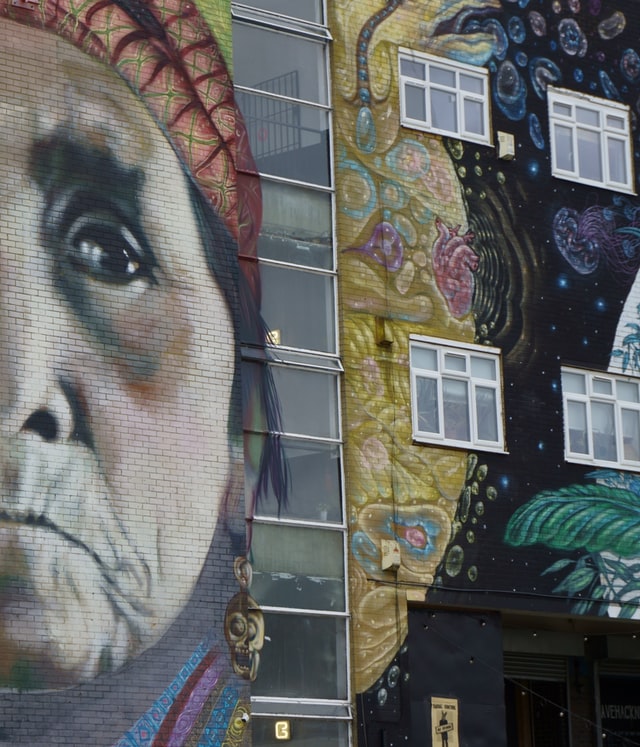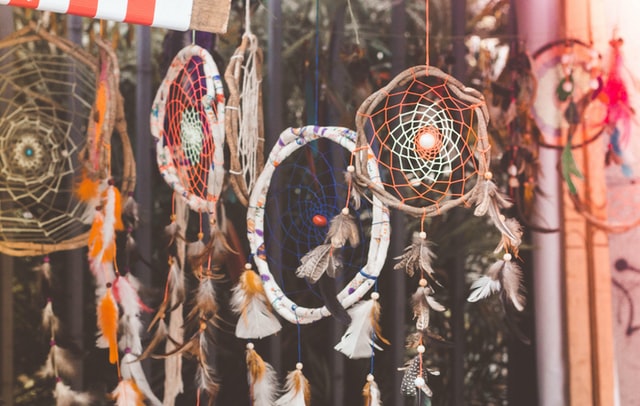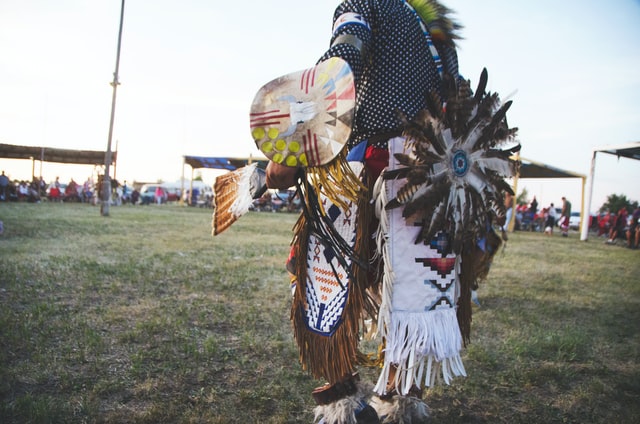How COVID-19 Has Impacted Tribal Communities
 (StatePoint) While the current health and economic crisis has impacted Americans nationwide, it has disproportionately affected the Native American/Alaska Native (NA/AN) community. Not only have chronic economic inequalities and systemic lack of infrastructure in many Indigenous territories put tribes at high risk, but these problems have been exacerbated by the loss of revenue experienced by tribal businesses shuttering their doors.
(StatePoint) While the current health and economic crisis has impacted Americans nationwide, it has disproportionately affected the Native American/Alaska Native (NA/AN) community. Not only have chronic economic inequalities and systemic lack of infrastructure in many Indigenous territories put tribes at high risk, but these problems have been exacerbated by the loss of revenue experienced by tribal businesses shuttering their doors.
Here are some of the persisting problems Native territories face, steps being taken to address them, and what you can do to help.
• Infrastructure: Significant numbers of people in tribal communities lack basic utilities (electricity, running water) critical to adhering to federal COVID-19 prevention guidelines. Clinics, testing sites, personal protective equipment, and other health essentials are also in short supply in Indian Country. Through funding and support, donors can help protect tribes from immediate health risks and mitigate the spread of the virus.
 • Information: Important government updates and virtual healthcare services are especially critical during this crisis. However, information access is a persisting problem in many tribal territories due to their largely remote and rural locations. The FCC reports that 628,000 tribal households lack standard broadband access, a rate over four times that of the general population, and a 2019 study by the American Indian Policy Institute found nearly one in five reservation residents has no internet at home.
• Information: Important government updates and virtual healthcare services are especially critical during this crisis. However, information access is a persisting problem in many tribal territories due to their largely remote and rural locations. The FCC reports that 628,000 tribal households lack standard broadband access, a rate over four times that of the general population, and a 2019 study by the American Indian Policy Institute found nearly one in five reservation residents has no internet at home.
• Economics: Tribal governments, which were already largely underfunded before COVID-19, are under incredible strain today, with major revenue streams, such as tribal casinos and gaming businesses closed down. Efforts are already providing some relief. In the case of housing, Wells Fargo announced $600,000 in grants to tribal housing programs via the Native American Indian Housing Council in May and $1 million across more than 20 nonprofit organizations since the start of the pandemic. Economic relief from many sources can also help address food insecurity, boost Native-owned businesses and fund other necessities.
 • Data Collection: A continued national response to the pandemic is dependent on accurate data. However, over 70 percent of those in tribal communities live in urban areas, where many use county and state health services. As a result, data black holes have emerged. Through accurate data collection, aid to support the NA/AN community will be possible.
• Data Collection: A continued national response to the pandemic is dependent on accurate data. However, over 70 percent of those in tribal communities live in urban areas, where many use county and state health services. As a result, data black holes have emerged. Through accurate data collection, aid to support the NA/AN community will be possible.
• How to Help: “Across the country, the pandemic has exacerbated health, housing and economic disparities, as well as food insecurity within diverse communities -- especially tribal regions,” says Diana “Dede” Yazzie Devine, CEO and president of Native American Connections, an Arizona-based Native American service and development organization. “We cannot forget all of this once COVID subsides. We need to focus on building a better future.”
In the case of Native American Connections, volunteering is critical. On-site volunteerism (currently limited by COVID 19) like providing office support, preparing meals for local families or supporting housing needs, can help the lives of residents and community members, while virtual-online donations can deliver much-needed funds. Other ways to help include making financial donations or donating to food banks that service tribal lands. One example includes a recent St. Mary’s Food Bank event in Arizona on Navajo Nation territory, where Wells Fargo’s Drive-Up Food Bank provided support in mid-August 2020. To learn more about what Wells Fargo is doing to help fight hunger in local communities, visit welcome.wf.com/foodbank.
As the COVID-19 pandemic endures, addressing the needs of vulnerable tribal communities is critical to sustaining and strengthening them, and to the forward progress of future generations.
PHOTO SOURCE:
1. sandro-cenni-_ao6PtHW4GA-unsplash
2. ella-jardim-jmGH6r8K5Ak-unsplash
3. jess-lindner-xegyDn1-SoY-unsplash






